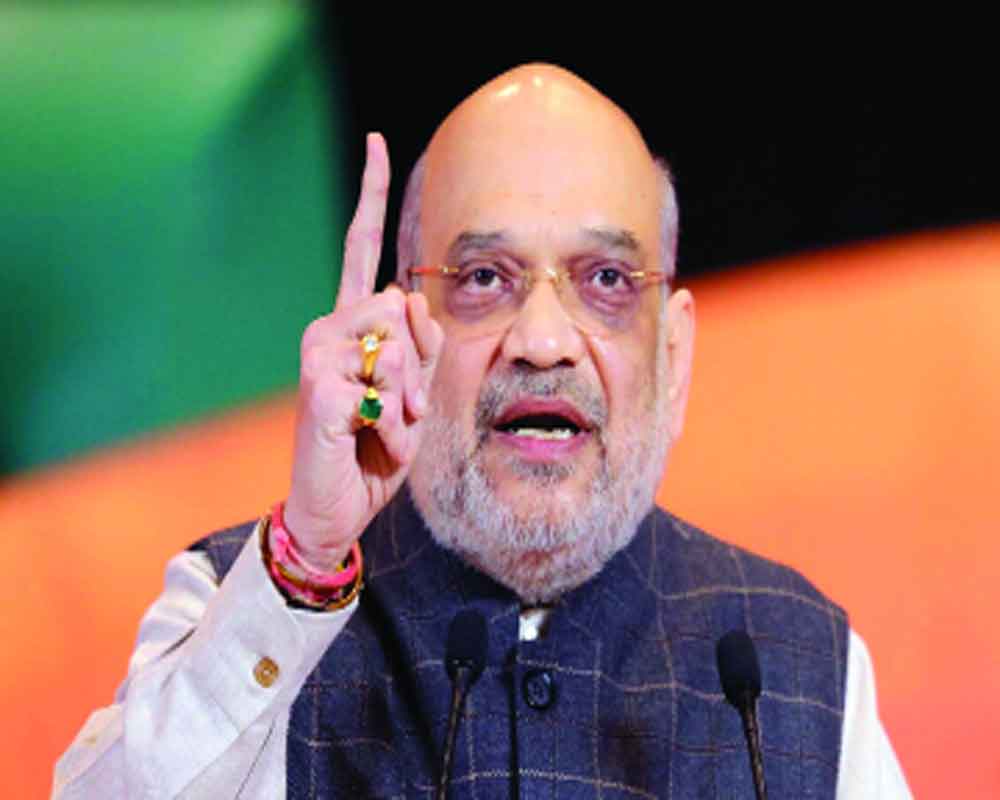The notification of CAA rules has raked up a controversy about the move’s timing
As the nation braces for the model code of conduct, the Government’s notification of the Citizenship Amendment Act (CAA) rules has ignited a fresh wave of controversy. The CAA, which aims to provide Indian citizenship to persecuted minorities from Pakistan, Afghanistan and Bangladesh, has long been a contentious issue. Supporters laud it as a humanitarian gesture and critics pan it as discriminatory and an attempt to polarise voters for the Lok Sabha polls. On March 11, the Home Ministry announced the enforcement of CAA rules, which enables Hindu, Sikh, Jain, Buddhist, Christian and Parsi refugees from the three neighbouring countries — who arrived in India before December 31, 2014 — to obtain Indian citizenship without a valid passport or visa. The 2019 Bill, which sought to amend the citizenship Act of 1955 granting Indian citizenship to foreign illegal migrants of specific religious communities, was passed by Parliament in December that year. Not too long ago, countrywide protests against CAA had started from Shaheen Bagh in the Capital and fanned across the nation. Now, notification of the rules has reignited the debate just days before the implementation of the model code of conduct; since Muslims are excluded from the purview of the Act, the opponents are arguing that it violates the Constitution’s secular principles.
Of course, the timing is being questioned as the Government is almost in a lame-duck state as the election schedule may be announced any day now. In this situation, notifying the CAA rules is creating only confusion and tension. Critics allege that the Government is trying to polarise voters along religious lines by this move. Indeed, the decision might have been best left for the new Government. The Opposition has been quick to condemn the move, accusing the Government of prioritising divisive agenda over pressing issues such as economic development and social welfare. It argues that the CAA not only undermines the nation’s secular fabric but also exacerbates communal tension. Concerns have also been raised about the logistical challenges associated with the implementation of the CAA, including the identification and verification of eligible applicants. On the other hand, the move’s supporters counter that CAA is essential for protecting the rights of persecuted minorities in the neighbouring countries. They argue that India has a moral obligation to provide refuge to those facing religious persecution, regardless of their faith. But couldn’t this wait for just two months? As the debate over the CAA continues to rage, it remains to be seen how the notification will influence the electorate. With emotions running high on both sides of the divide, the coming weeks are likely to witness intense rhetoric and heightened tension around this contentious issue.


























